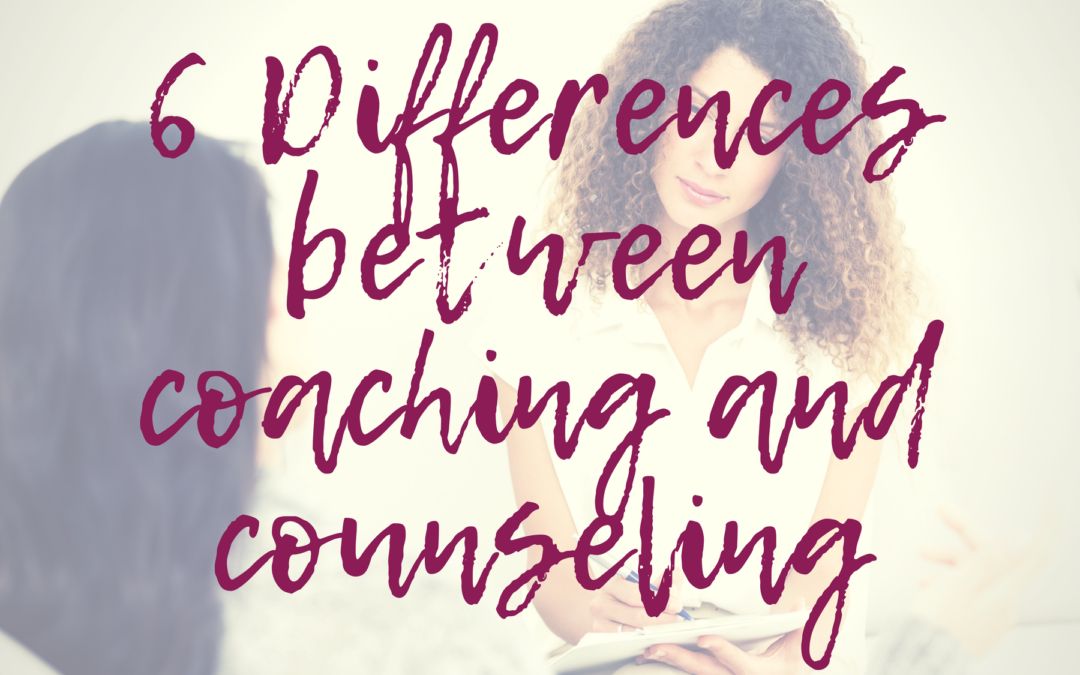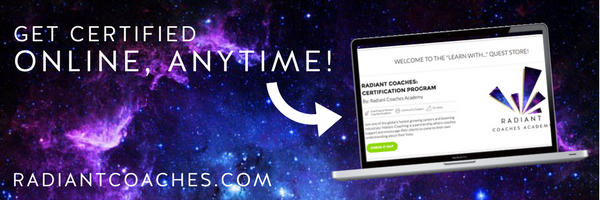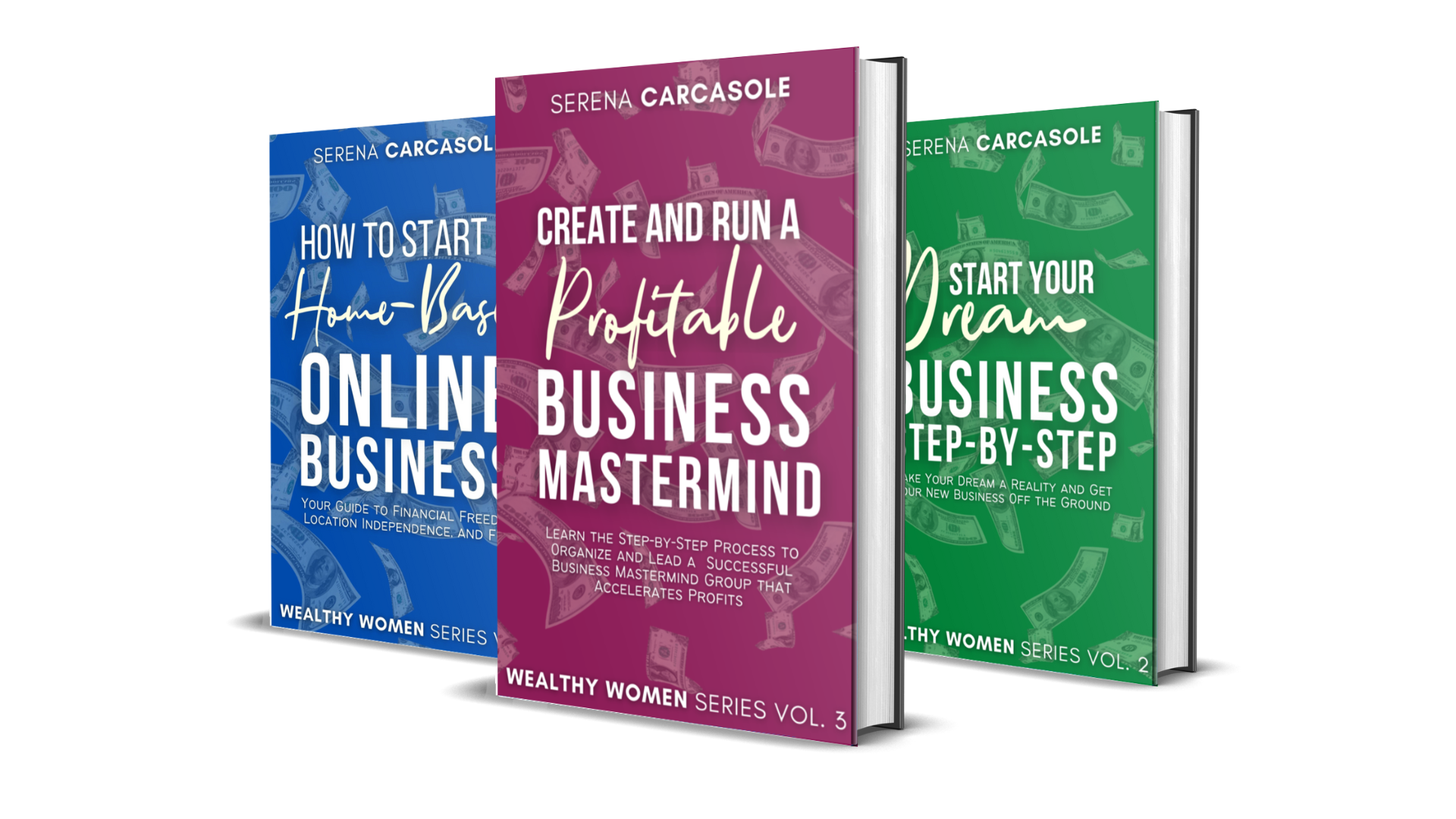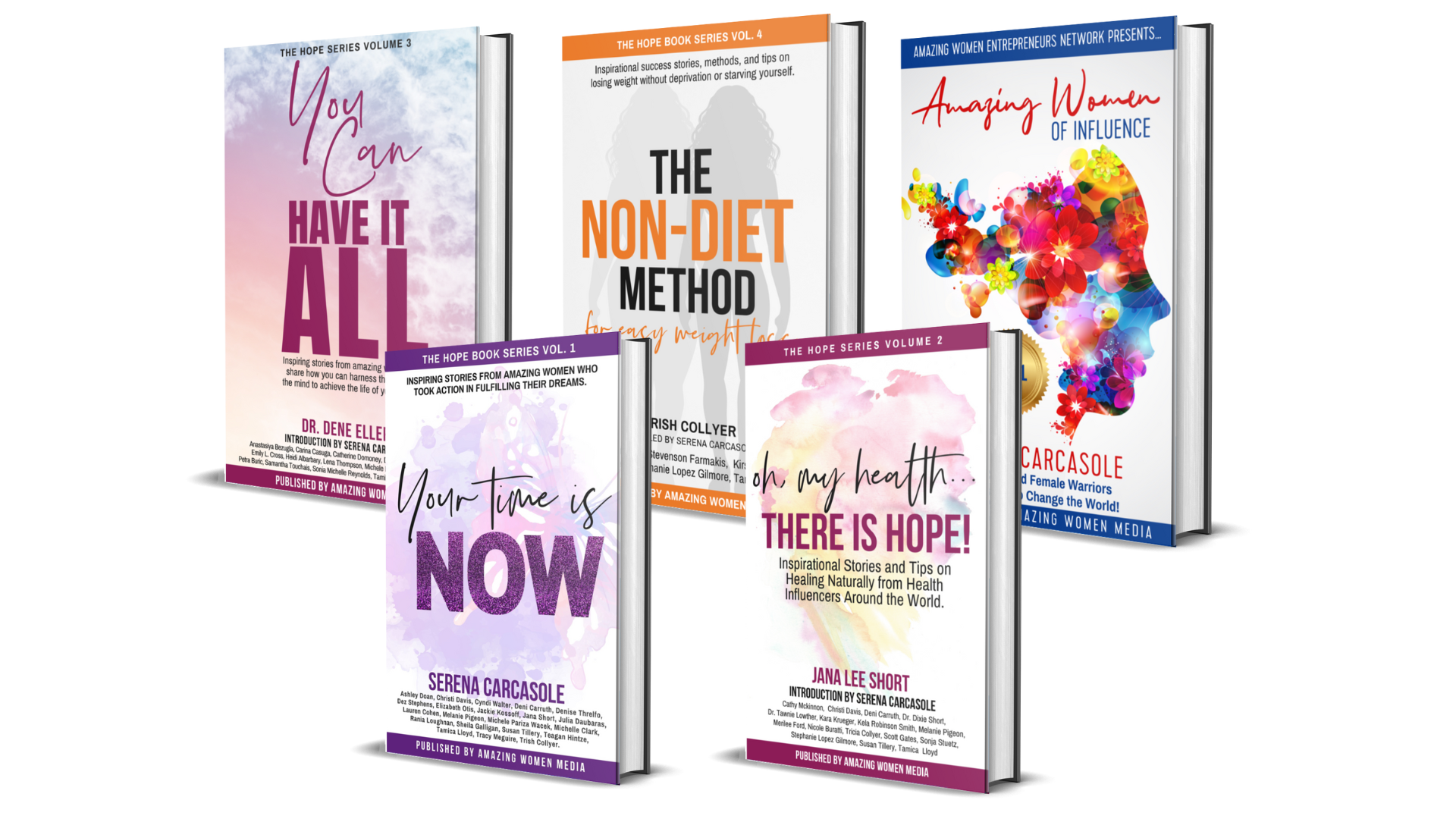If you're considering earning your certification as a holistic coach, it's likely because you want to change the world. You want to help people, to guide them to create positive change and transformation.
Becoming certified as a holistic coach is one powerful way to do that; it's a modality for empowering people to move forward, for supporting them to discover and reach their potential as they bring balance and harmony to all aspects of their lives.
In many cases, people believe coaching is similar to counseling. In fact, the two are very different, and in this article, we outline six important differences between the two, so you can decide if coaching is right for you.
1. Coaching views clients as already whole, whereas counseling looks to resolve a past pain.
Holistic coaches view their clients as already whole, equipped with everything they need to reach their goals.
On the other hand, counselors help their clients heal from a trauma or negative experience.
2. Coaching looks forward, toward the future, whereas counseling often looks to the past.
People seek coaching as a method for creating a new future. Coaching is about a client starting from where she is, receiving support as she does the inner work necessary to create outer transformation.
On the other hand, people seek counseling to cope or come to terms with something that happened in the past. They're often seeking tools to handle emotional issues that stem from past trauma.
3. Coaching empowers the client to solve her own problems, whereas counseling offers guidance and direction.
As humans, we want to solve problems for our friends and loved ones. But coaching empowers people to find their own answers and the solutions to their problems. Coaches give non-directional feedback, often in the form of asking questions.
On the other hand, people seeking counseling are often looking for professional advice and direction on how to cope with something. Counselors offer directions, guiding the conversation.
4. Coaching focuses on outer action with measurable results, whereas counseling focuses on the "inner": the conscious and subconscious mind.
Because the goal of coaching is to support clients in making specific changes, a coach will often work with a client to create benchmarks for which the client aims during their work together.
On the other hand, counselors often help their clients identify and gain deeper understanding of the conscious and subconscious reasons for their behaviors. Change is not necessarily the goal, here.
5. Coaching takes place over the short-term, whereas the counselor-client relationship is often a longer-term one.
When it comes to coaching, a client typically signs on for a certain timeframe—say, six months or a year—during which the coach will support him in reaching a specific goal or making a specific change.
On the other hand, when it comes to counseling, a client will often seek long-term support for an indefinite amount of time.
6. Coaches don't diagnose; counselors and other mental health professionals do.
Life coaches identify current behavior and thought patterns in their clients, and ask questions to help their clients change those patterns and move forward.
On the other hand, counselors and other mental health professionals often look to diagnose their clients with conditions that explain why they behave a certain way.
In conclusion …
Coaching is a powerful method to support clients in making the changes they want to make in their lives. If the idea of creating benchmarks and helping clients and monitoring action appeals to you, then coaching may be right for you! On the other hand, if you like the idea of helping people discover the root psychological causes of their behavioral patterns, and gain a deep understanding of the reasons they're stuck, then counseling is likely a better fit.
If coaching appeals to you, we'd like to invite you to learn more about the holistic coaching certifications we offer through Radiant Coaches Academy.
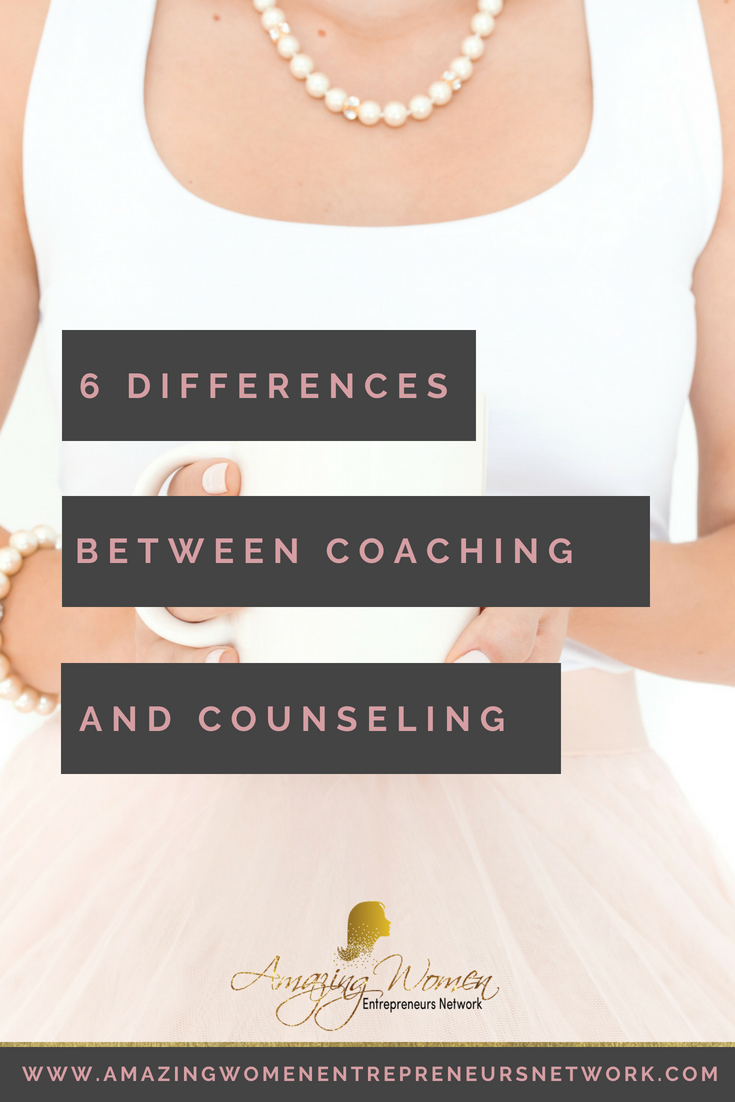
- Not All Coaching Certifications Are Created Equal: Here's What to Look For - August 25, 2019
- Want to Quit the 9 to 5? Become a Holistic Coach! - February 23, 2019
- 6 Reasons It’s Critically Important to Earn Your Coaching Certification - October 16, 2018

